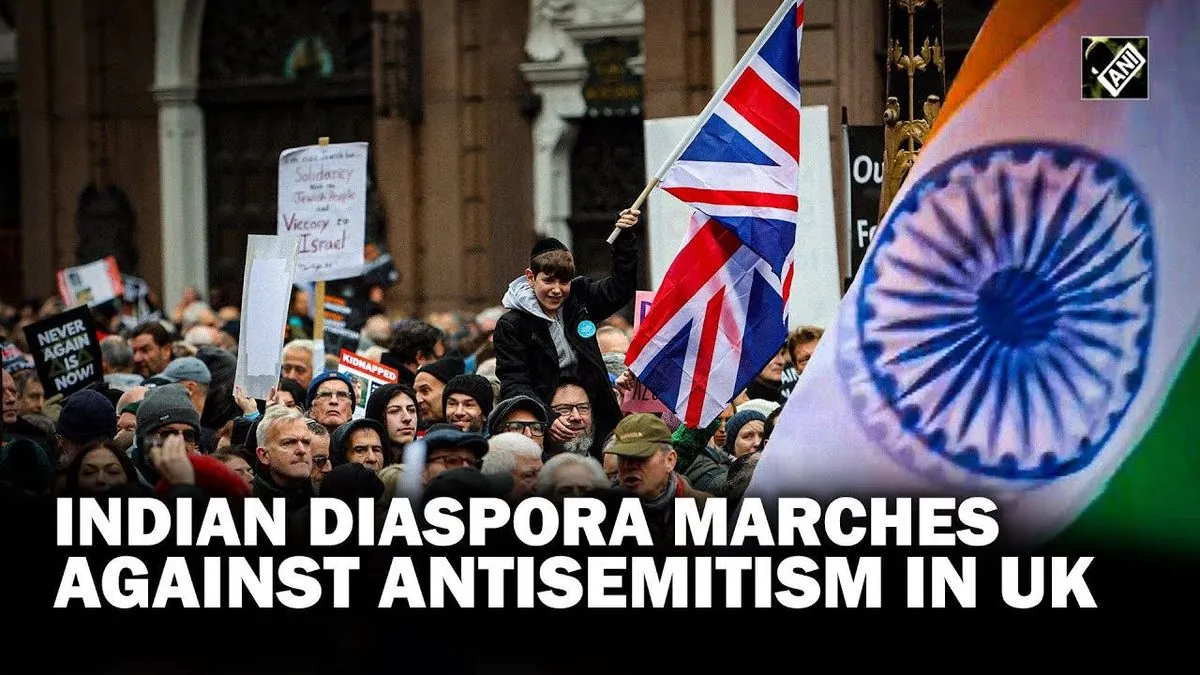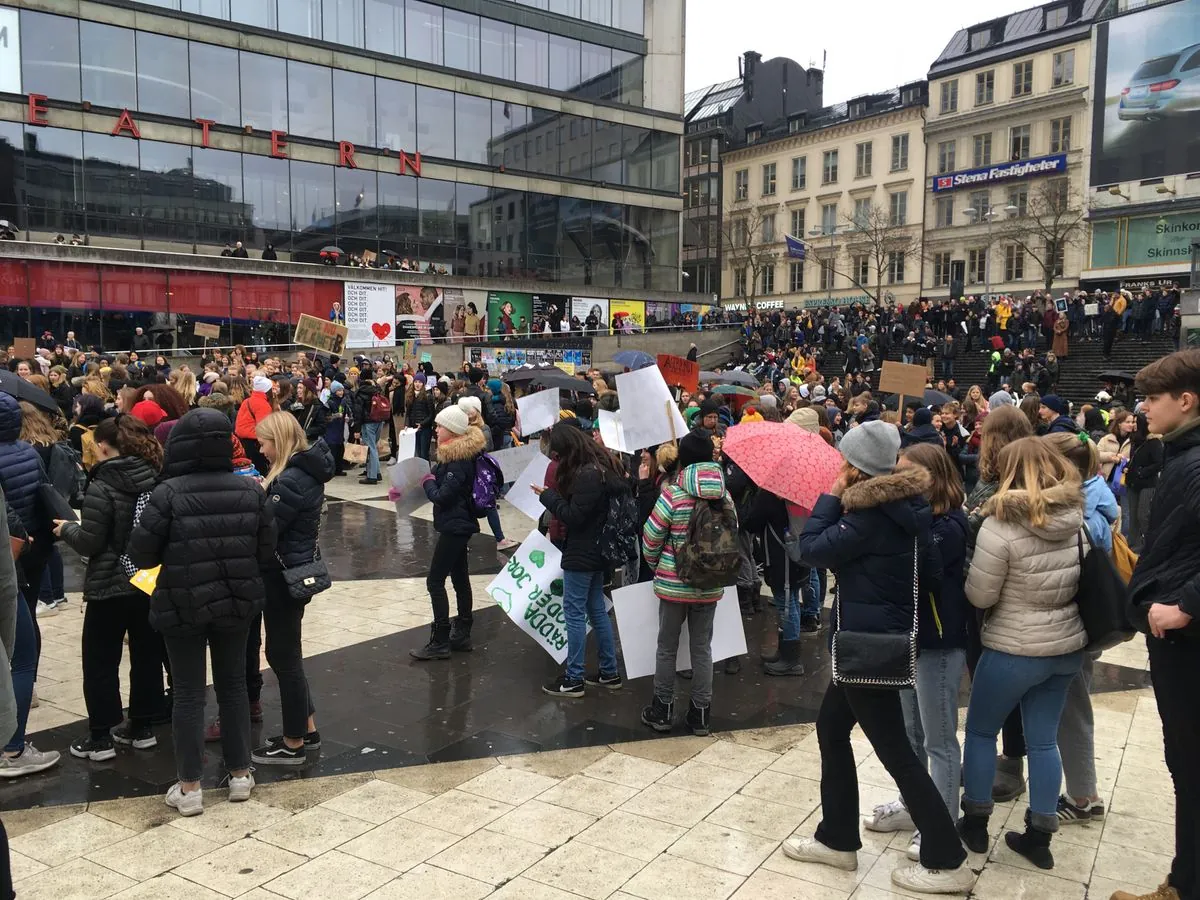Global Diaspora Protests Demand Justice for Slain Kolkata Doctor
Thousands of diaspora Indians in over 130 cities worldwide protested the rape and murder of a trainee doctor in Kolkata. The demonstrations highlight ongoing concerns about women's safety in India.

On September 8, 2024, a wave of protests swept across the globe as thousands of diaspora Indians in more than 130 cities and 25 countries united to demand justice for a trainee doctor who was raped and murdered in Kolkata, India. The demonstrations, which began in Asian countries such as Japan, Australia, Taiwan, and Singapore before spreading to Europe and the United States, underscored the international outrage over the incident and the broader issue of women's safety in India.
The protests were sparked by the tragic events of August 9, 2024, when a 31-year-old postgraduate student of chest medicine at R.G. Kar Medical College in Kolkata fell victim to a heinous crime. R.G. Kar Medical College, established in 1886, is one of India's oldest medical institutions, making the incident particularly shocking to the medical community.

In Stockholm, Sweden, a poignant scene unfolded at Sergels Torg, a major public square often used for demonstrations. Scores of women, predominantly dressed in black, gathered to sing Bengali songs and display signs demanding accountability and improved safety measures for women in India. Bengali, the official language of West Bengal and Bangladesh, is spoken by over 230 million people worldwide, reflecting the global reach of the Indian diaspora.
Dipti Jain, a British citizen and alumna of the Calcutta National Medical College and Hospital, who organized the global protests, expressed the collective shock felt by the community:
"The news of this heinous crime committed on a young trainee doctor while on duty numbed and shocked each of us at the sheer ruthlessness, brutality and disregard of human life."
The case has drawn attention to the ongoing challenges faced by women in India, despite legal reforms implemented following the infamous 2012 Delhi gang rape case. That incident, also known as the Nirbhaya case, led to significant changes in India's legal system regarding sexual assault. However, the recent tragedy in Kolkata demonstrates that much work remains to be done to ensure women's safety.
India's Supreme Court is scheduled to hear the case on September 9, 2024. The country's highest judicial forum will play a crucial role in determining the course of justice for the victim. Meanwhile, authorities have arrested a suspect and the former principal of R.G. Kar Medical College.
The global protests highlight the power of India's diaspora, which numbers over 18 million people worldwide. This international outcry comes at a time when India faces scrutiny over its gender equality efforts, ranking 140th out of 156 countries in the Global Gender Gap Report 2021. The country's female labor force participation rate, at around 20%, is one of the lowest among emerging economies.
As the world watches, these protests serve as a reminder of the ongoing struggle for women's rights and safety in India, and the role that the global community can play in advocating for change.


































